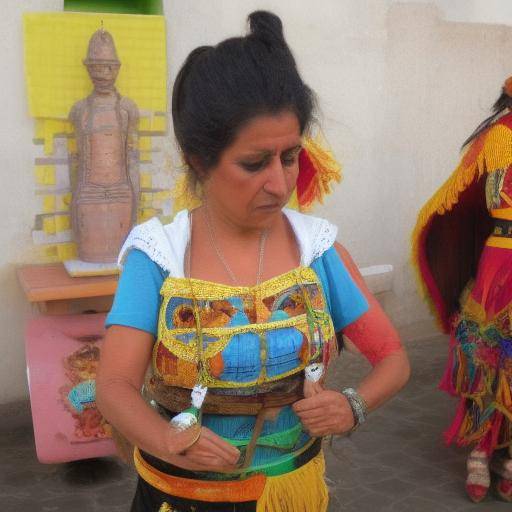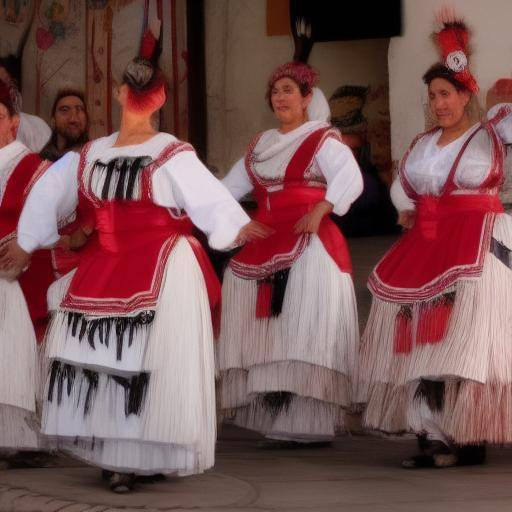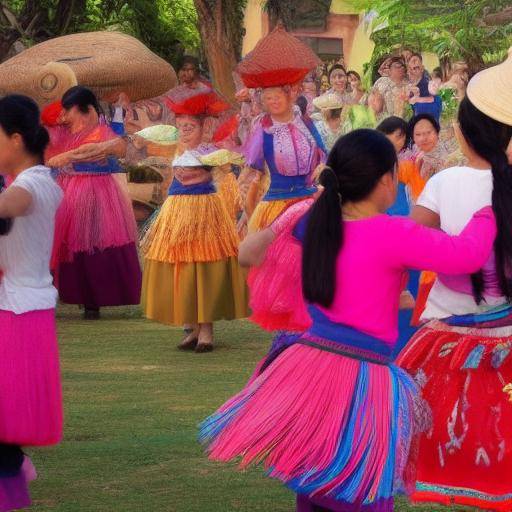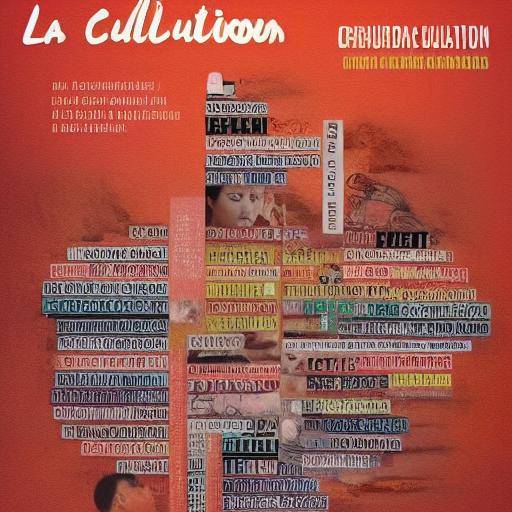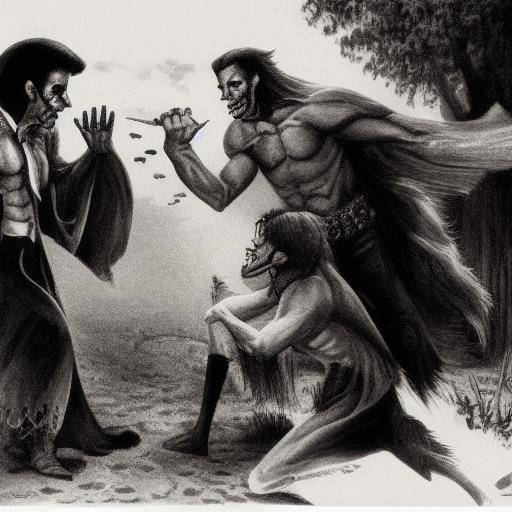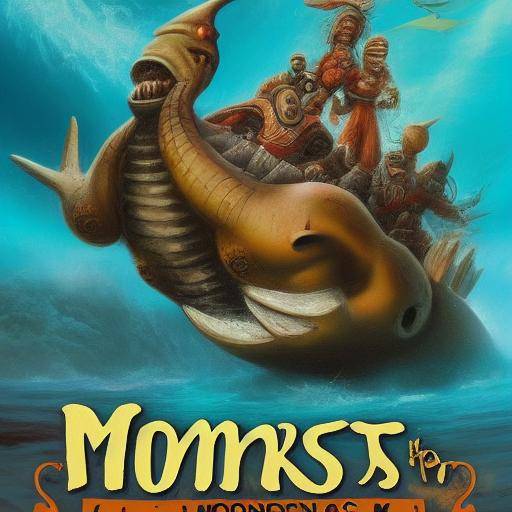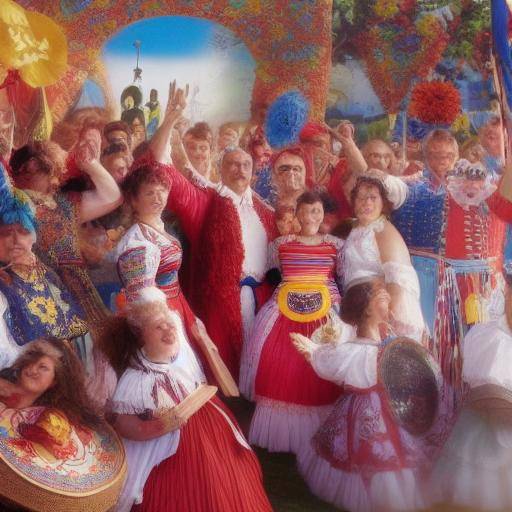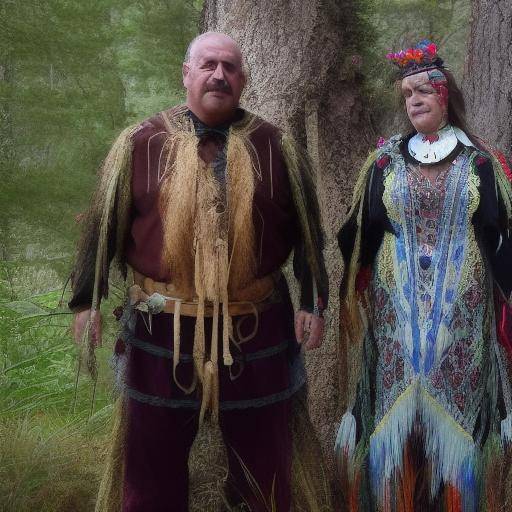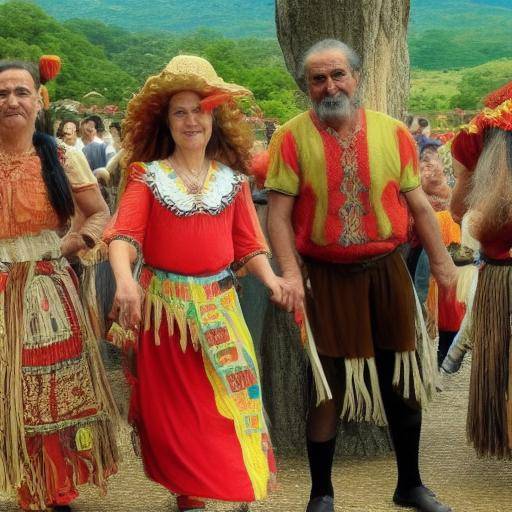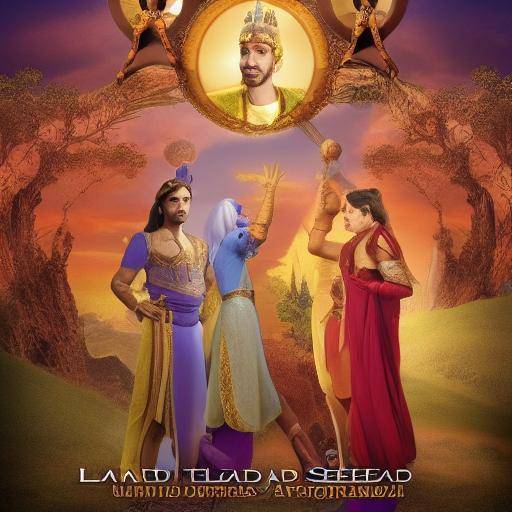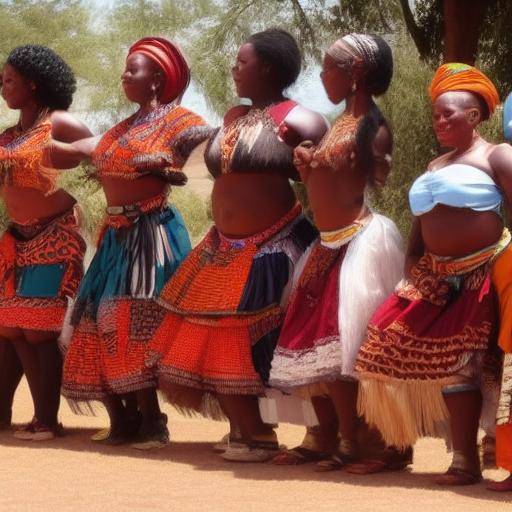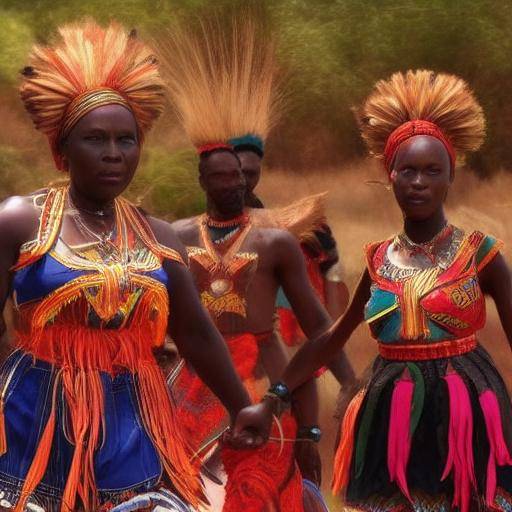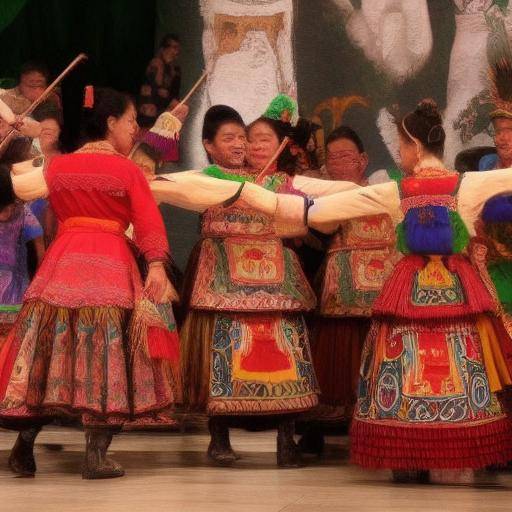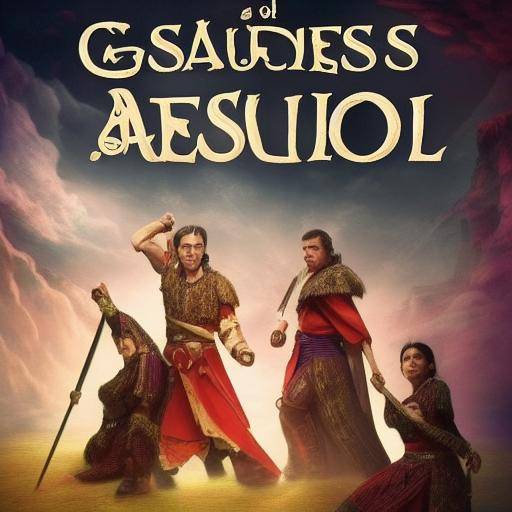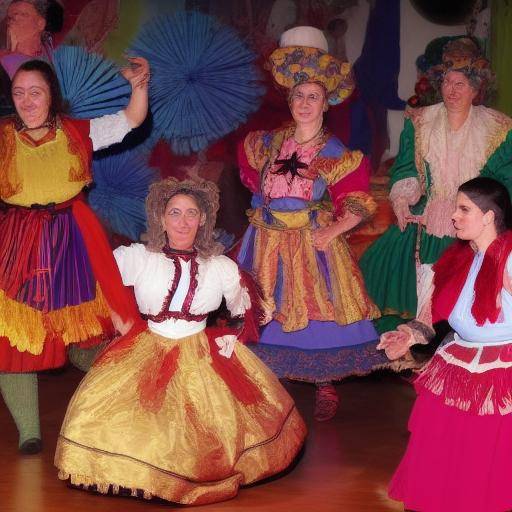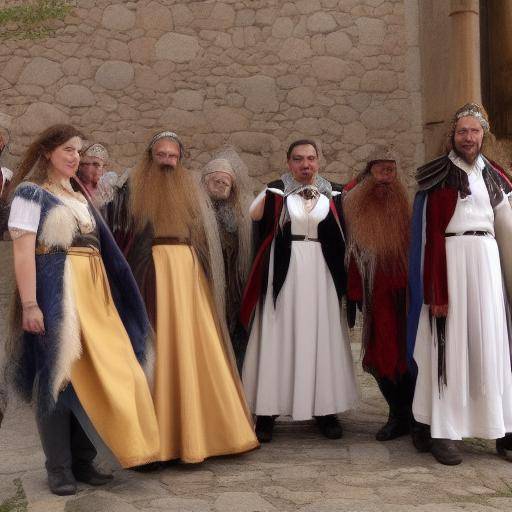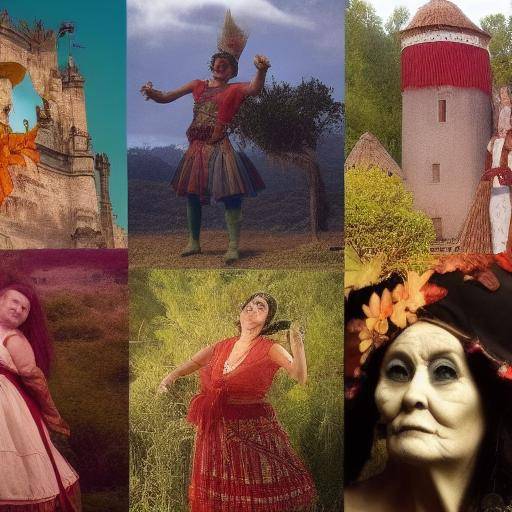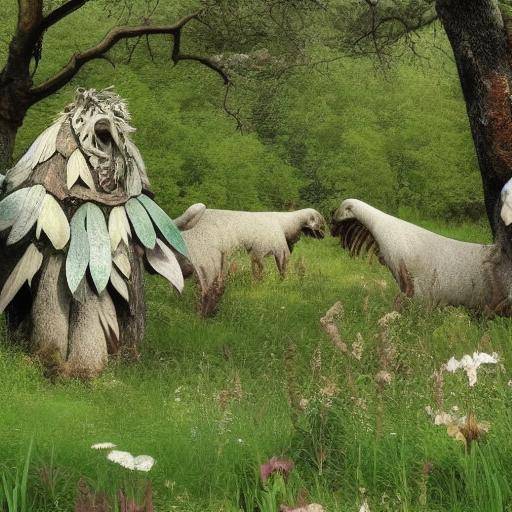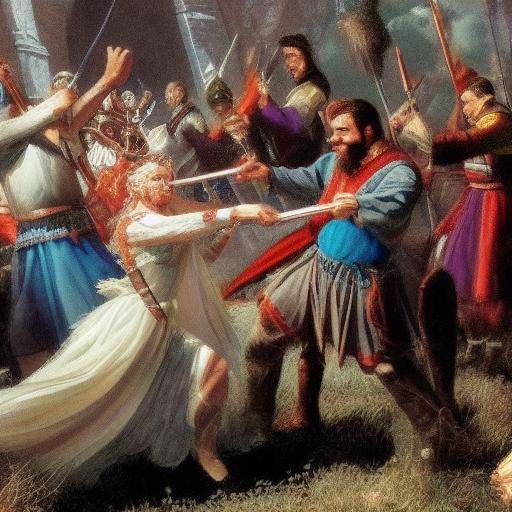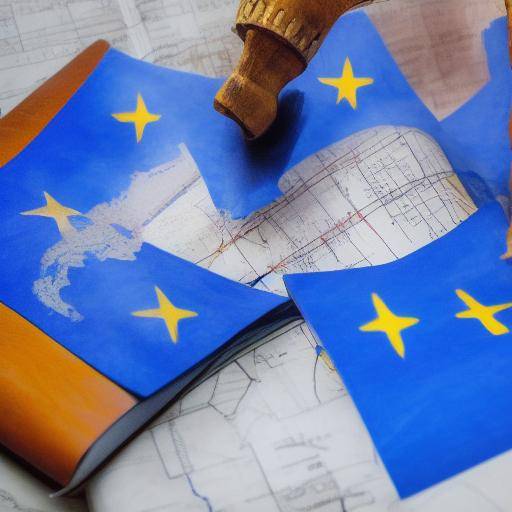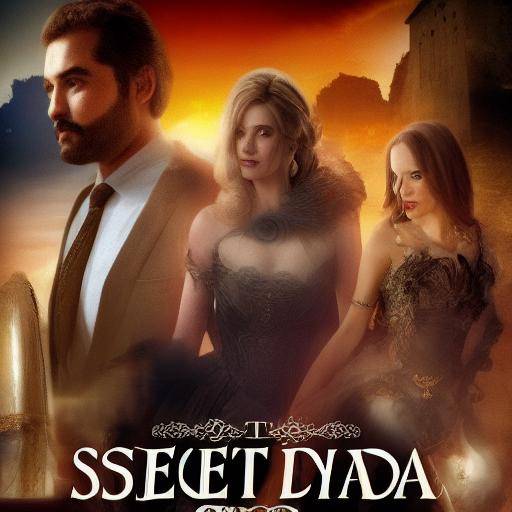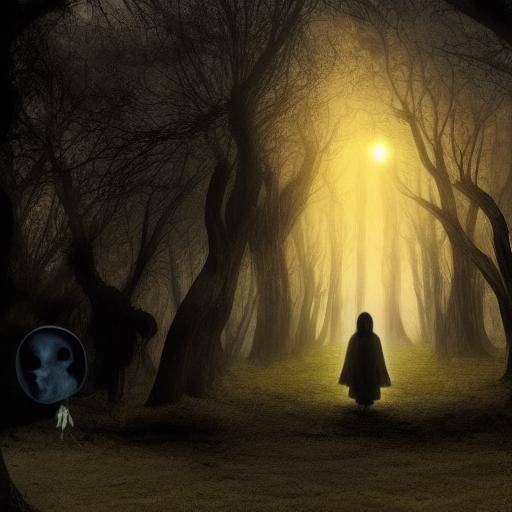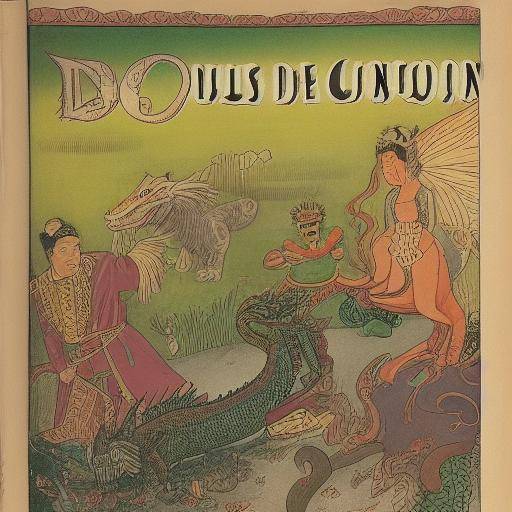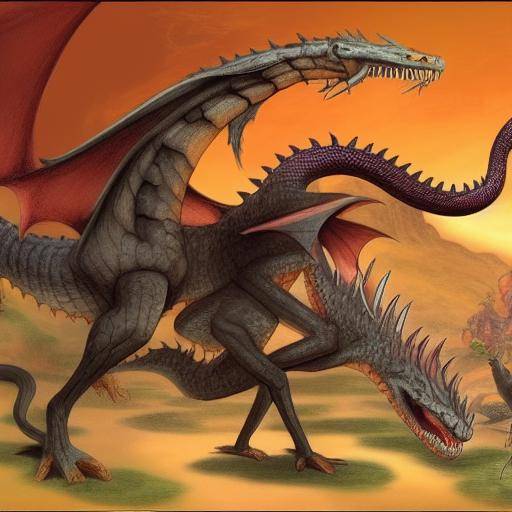
The dragons have been the protagonists of countless myths and legends throughout the history of humanity. From ancient civilizations to contemporary popular culture, these mythical creatures have awakened fascination and fear at the same time. Dip into the origin of dragons, explore the myths that surround them and unravel the legends that surround them allow us to enter a world of imagination, symbolism and profound meaning.
Introduction
Dragons have been fundamental in many cultures throughout the centuries, from ancient China to Europe and beyond. In this article, we will explore the fascinating origin of dragons, their presence in the myths of different civilizations and the powerful legends that have endured over time. In addition, we will unravel the secrets and symbolisms that surround these legendary creatures. Prepare for a journey through time and space as we unveil the mysteries of dragons.
History and Background
The presence of dragons in mythology and traditions of different cultures is fascinating. From the majestic Chinese dragon to the fierce European wyvern, these creatures have played diverse roles in historical narratives. The dragons have been the subject of fables and stories throughout the history of humanity. From the oral narratives of ancient tribes to medieval literature, dragons have been presented as powerful allies, formidable enemies or guardians of precious treasures.
Dragons in China Culture
In ancient China, dragons were considered benevolent beings, symbols of power, wisdom and good fortune. The Chinese dragon, known as "Lóng", is a serpentine creature with features of various animals, and is often associated with water control, rain and climate. The Chinese emperors were considered descendants of the dragon, which gave divine legitimacy to their government.
Dragons in European Culture
In Europe, dragons are frequently represented as evil beings who spit on fire and are enemies of humanity. European dragons usually have bat wings, big claws and a more reptilian appearance. Stories like those of Saint George and the dragon stand out the struggle between good and evil, with the dragon representing the dark forces that must be overcome.
Dragons in Other Cultures
In other parts of the world, as in Nordic mythology and Mesoamerican culture, dragons also have a prominent place. In the Nordic mythology, the dragon Níðhöggr roe the roots of the tree of the world, Yggdrasil, symbolizing destruction and rebirth. In Mesoamerican culture, the feathered serpent, Quetzalcóatl, is a deity that combines characteristics of dragon and bird, representing the duality of life and death.
Analysis in Deep
Exploring the myths surrounding dragons leads us to discover different interpretations and meanings attributed to these creatures. Throughout history, dragons have collected symbolic connotations that go beyond their mere representation as fearsome beasts.
Symbolism of Dragons
The dragons have been seen as symbols of power, wisdom, protection and destruction. In Chinese culture, dragons are protective and represent the positive energy of the universe. In contrast, in European tradition, dragons tend to symbolize greed, chaos and destruction, but they can also represent challenges to overcome.
Dragons and Collective psyche
The exploration of myths allows us to glimpse the way in which societies have shaped and felt the world around them. Dragons, like archetypes, reflect human fears and aspirations, serving as metaphors of the natural and supernatural forces that ancient civilizations sought to understand and dominate.
Comprehensive review
Legends that envelop dragons abound in surprises, learnings and motives. From the heroic feats of brave knights to the demeaning ambitions of greedy sovereigns, dragon legends have influenced the collective imagination over the centuries.
Legends of Famous Dragons
Saint George and the Dragon
One of the best known legends in Europe is that of St. George and the dragon, where a Christian gentleman defeats a dragon that terrorizes a city. This story symbolizes the triumph of good over evil and has become a symbol of courage and faith.
The Beowulf Dragon
In the epic Anglo-Saxon poem "Beowulf", the hero of the same name fights a dragon in his last feat. This dragon, guardian of a buried treasure, represents the final test of Beowulf, where he faces death with honor and courage.
Fafnir in Nordic Mythology
In the Nordic mythology, Fafnir is a dwarf who becomes a dragon to protect his cursed treasure. This legend addresses topics of greed, transformation and the cost of greed, with the hero Sigurd killing Fafnir and acquiring his wisdom.
Comparative analysis
Compare and contrast the origin of the dragons, the myths that surround them and the legends that have immortalized them allow us to appreciate the diversity of interpretations and approaches that have arisen over time and in different civilizations.
Dragons in Different Cultures
By comparing dragons in different cultures, we can see how each society has shaped these beings to reflect their values, fears and aspirations. While in Asia dragons are generally benevolent and wise, in Europe they are seen as adversaries that must be overcome.
Revolution of the Dragons
The evolution of dragon legends also reflects changes in society and culture. As civilizations progressed and globalized, dragon stories were adapted and merged, resulting in a rich tape of narratives that continue to captivate humanity.
Practical Tips and Accessible Recommendations
As we enter the fascinating world of dragons, myths and legends, it is important to understand the relevance and current significance of these mythical creatures. In addition, exploring the applicability of the symbolisms and teachings presented by these legendary narratives in contemporary society gives us a valuable and enriching perspective.
Modern applications
Dragons remain relevant in the current popular culture, appearing in books, movies, video games and more. Understanding your symbolism can enrich our appreciation of these works and offer new perspectives on the challenges and opportunities we face in our own lives.
Personal Reflection
Reflecting on the values and lessons of dragon legends can inspire us to confront our own internal and external "dragons" with courage and wisdom. These myths remind us that the struggle and overcoming obstacles are an integral part of human experience.
Conclusions
The dragons, with their rich history and profound symbolism, have left an indelible mark on human imagination. From ancient civilizations to contemporary popular culture, these mythical creatures have represented both our greatest fears and our highest aspirations. By exploring the myths and legends surrounding the dragons, we can gain a deeper understanding of the cultures that created them and ourselves.
FAQs about Dragons, Myths and Legends
1. What is the origin of dragons in Chinese mythology?
Dragons in Chinese mythology, known as "Long", are benevolent beings that symbolize power, wisdom and good fortune. They are associated with water and climate control and are considered protectors of humanity.
2. How do dragons represent themselves in European culture?
In European culture, dragons are often portrayed as evil beings with reptilian characteristics, bat wings and the ability to spit fire. They are often enemies of heroes and symbolize dark and destructive forces.
3. What role do dragons play in Nordic mythology?
In the Nordic mythology, dragons, like Níðhöggr and Fafnir, symbolize destruction and greed. Níðhöggr roe the roots of the world's tree, Yggdrasil, while Fafnir becomes a dragon to protect his cursed treasure.
4. What is the symbolism of dragons in legends?
Dragons symbolize a wide range of concepts, from power and wisdom to greed and destruction. Their ability to inspire both fear and admiration makes them powerful figures in legends and myths of different cultures.
5. How have dragons influenced contemporary popular culture?
Dragons remain popular figures in today's culture, appearing in movies, books, video games and more. Their symbolism and presence in the modern narrative reflect our continued fascination with these mythical creatures.
6. What lessons can we learn from dragon legends?
The legends of dragons teach us about the struggle, overcoming obstacles and the duality of human nature. They inspire us to face our own challenges with courage and wisdom, reminding us that personal overcoming is an essential part of life.
In short, the dragons, with their rich history and symbolism, continue to capture our imagination and offer valuable lessons on the human condition. By exploring their myths and legends, we can find inspiration and understanding in the stories that have fascinated humanity for centuries.

